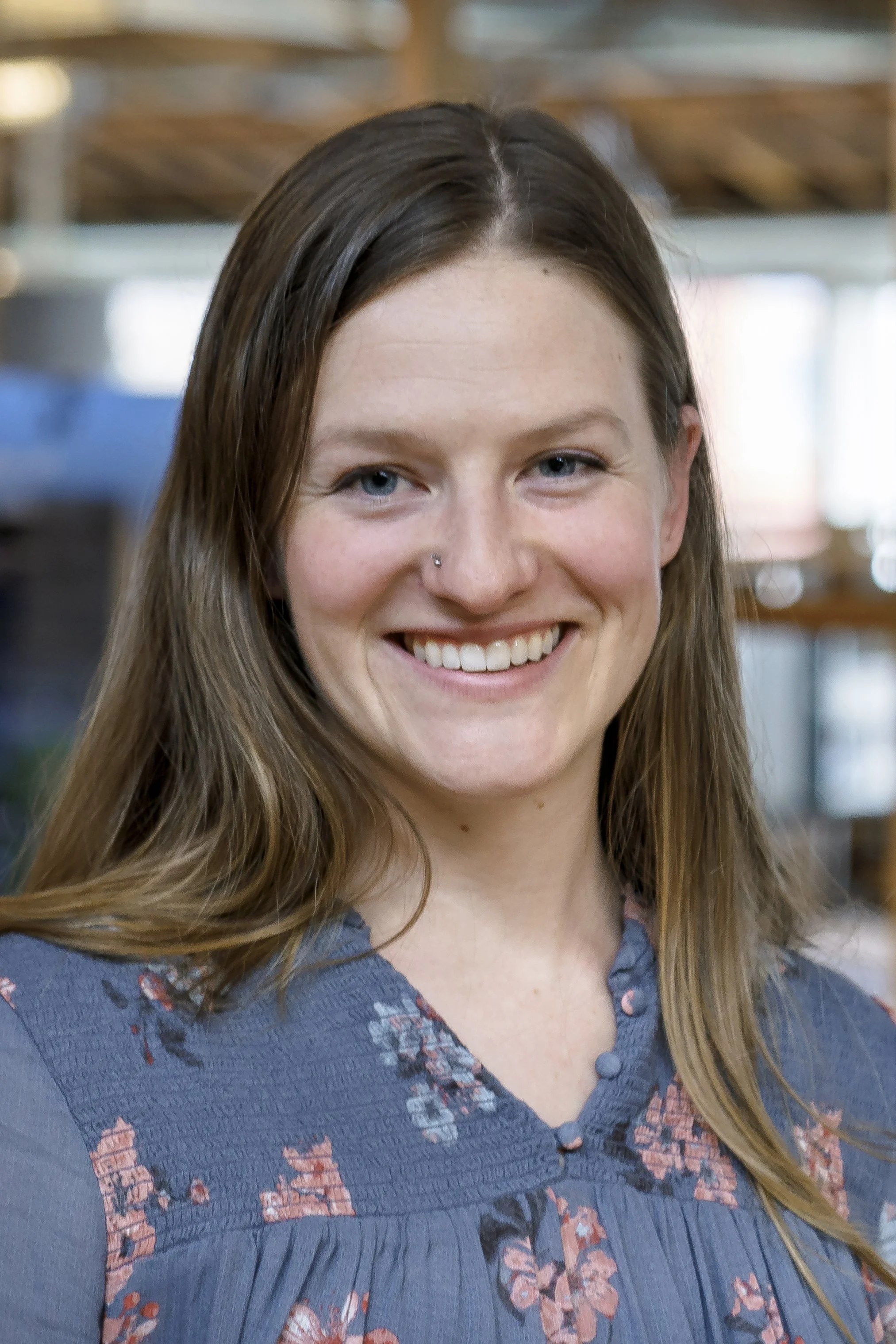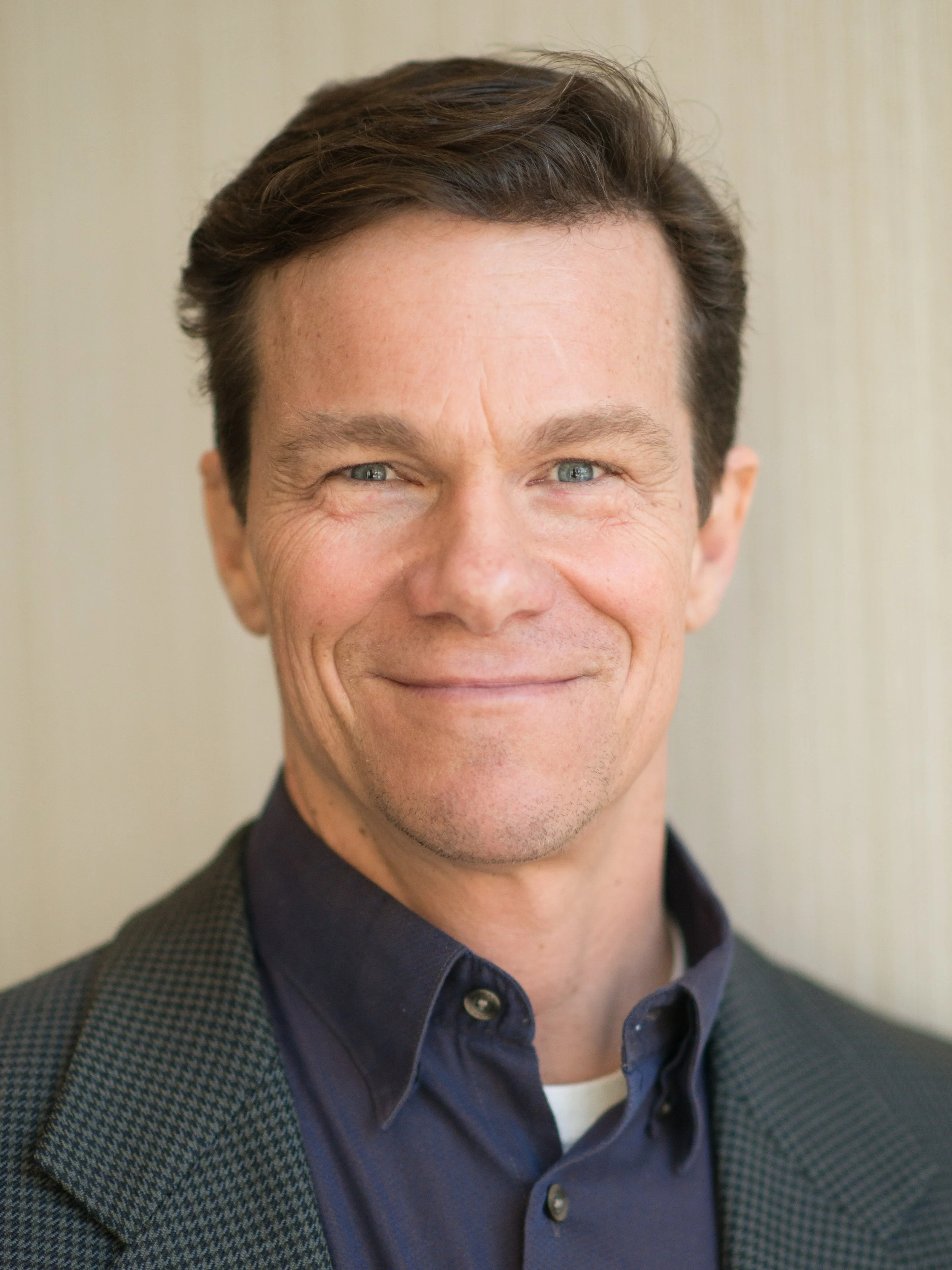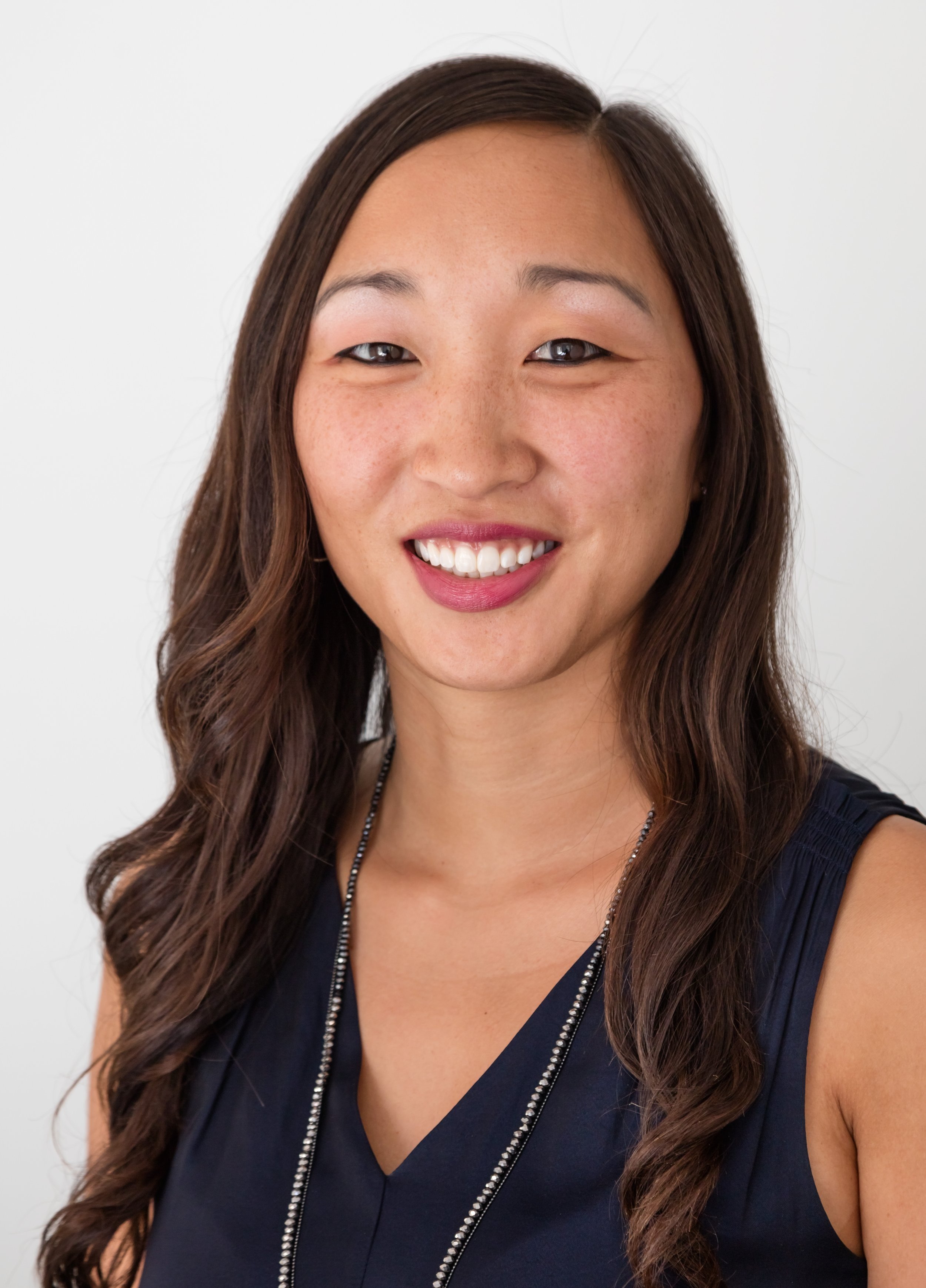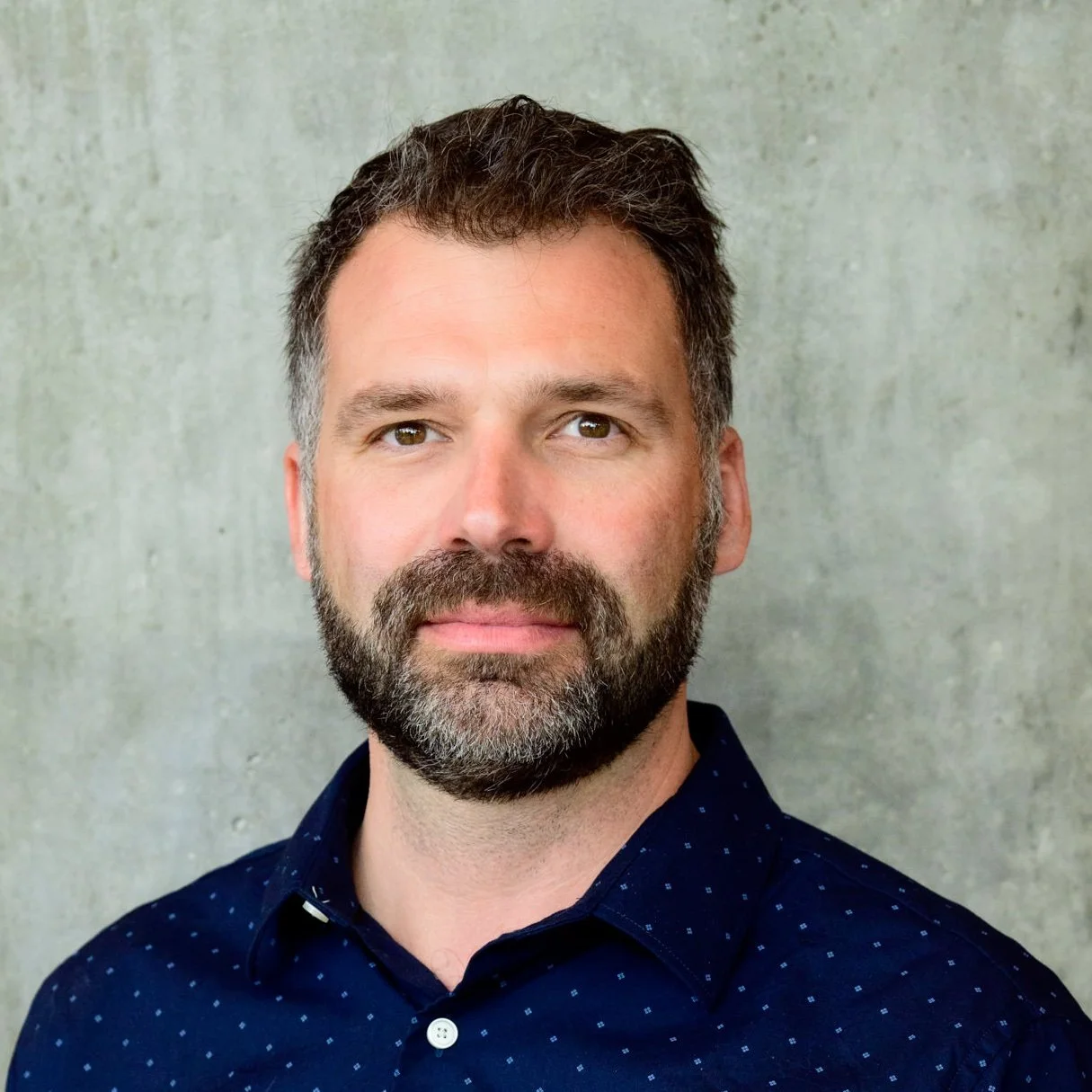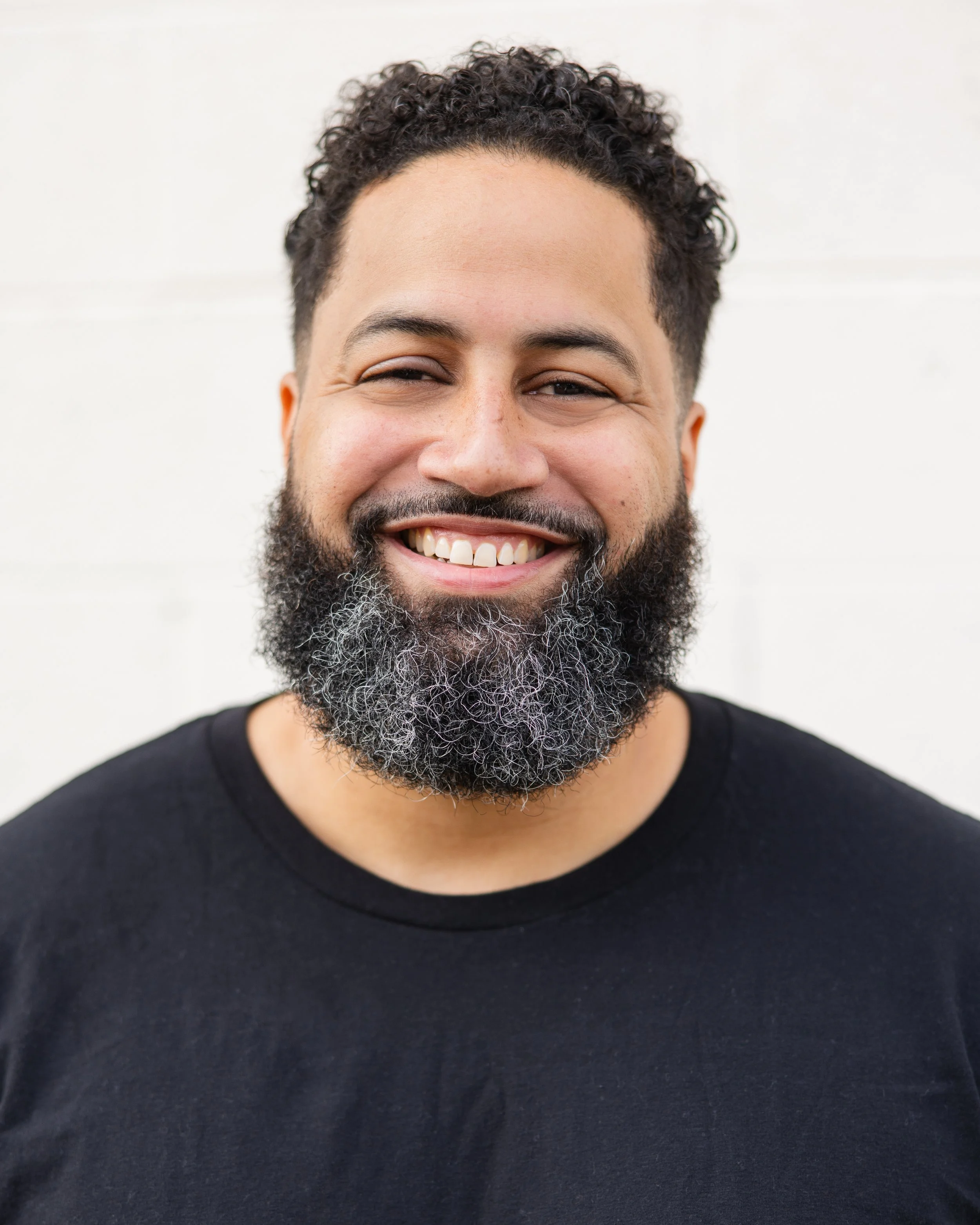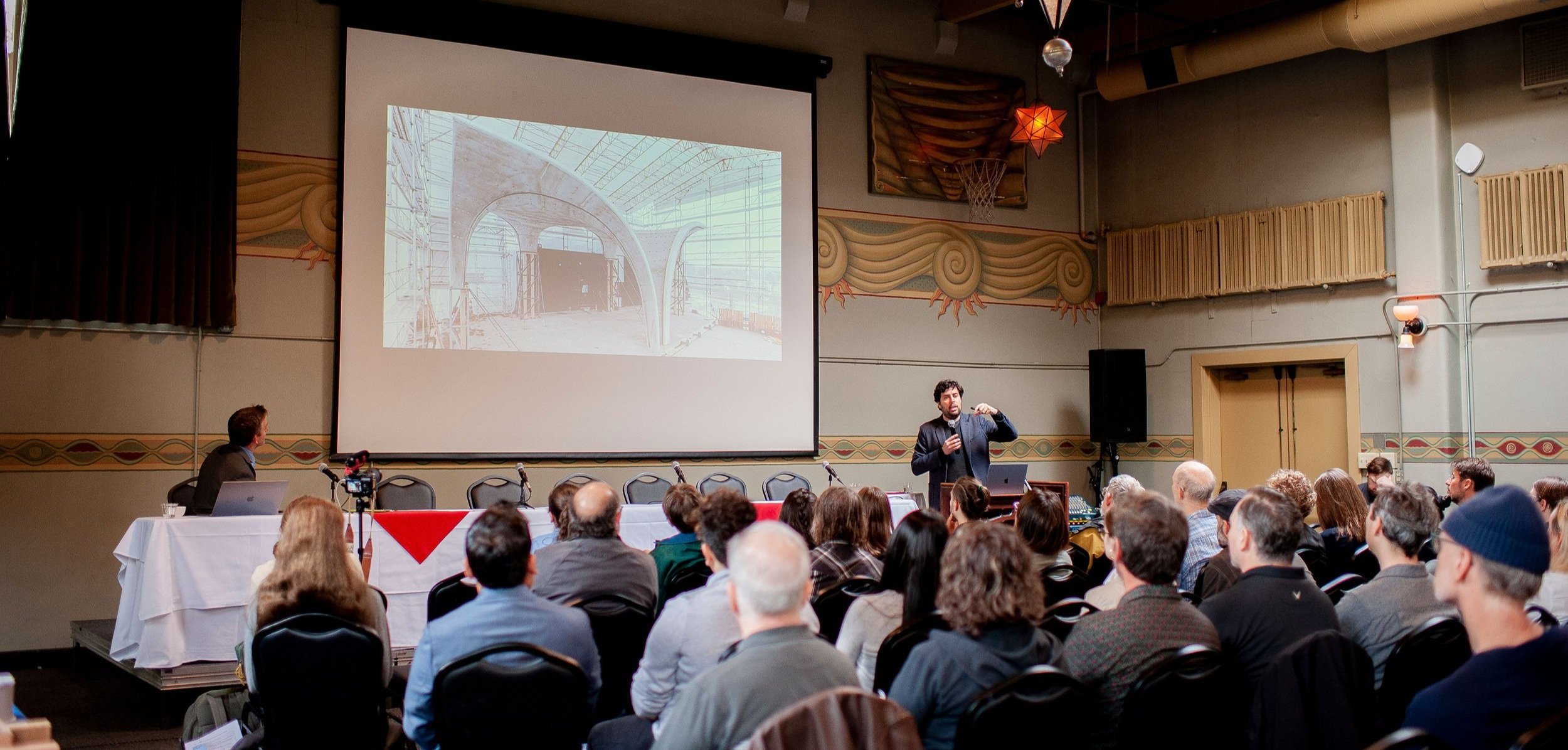
Spring Conference
adaptability in a dynamic world:
Passive building as a framework for a more resilient built environment
Friday, April 18th, 2025
Registration is closed
Resiliency in a changing world…
OK, you have done the homework, know your building science, built an energy model and created a gorgeous aesthetic with an optimized form for your passive project. What's left to consider?
It’s time to think about resiliency. What does it mean to build in a world affected by climate change? How can we leverage passive building to design buildings that withstand the worsening effects of climate change in our region? Please join our curated group of experts as we discuss how to adapt our building practices to meet the needs of the coming decades and more. For those who endeavor to create the highest levels of durability, health, resilience, comfort and energy efficiency in the built environment, this one-day conference will highlight one of the most important aspects of passive building.
We have four incredible keynote speakers, several panels, great food and drink, and lots of extra time to network and socialize with our community, including a tour of passive buildings in the greater Portland area. Please don't miss out on this great event!
Location
McMenamin’s Edgefield
Blackberry Hall
2126 SW Halsey St, Troutdale, OR 97060
Schedule
7:30a - 8:45 Registration and Refreshments
8:45 - 9:00 Opening Remarks
9:00 - 10:00 Keynote 1 Speakers, Mike Fowler & Claire McConnell
10:00 - 10:15 Break
10:15 - 12:00p Panel 1: Resilience in Buildings
12:00p - 1:30 Lunch & Vendor Time
1:30 - 3:15 Panel 2: Resilience Expanded…
3:15 - 3:30 Break
3:30 - 5:00 Keynote 2 Speakers, Kristof Irwin & Keith Simon
5:00 - 5:30 Closing Remarks
5:30 - 7:00 Post-Conference Happy Hour!
Speakers
Keynote 1
Mike Fowler
Mike is a seasoned expert in energy efficiency design, project management, and architecture, specializing in complex projects that prioritize sustainability. His extensive expertise spans crucial areas such as policy formulation, energy code development, occupant health, and decarbonization strategies. Mike has made a significant impact on the field through his local and international presentations, addressing critical issues like wildfire smoke protection, passive survivability during extreme heat events, and resilience in the face of power disruptions. As a Sustainability Integration Leader at Mithun, he is dedicated to innovative design solutions that push the boundaries of sustainability. His contributions have been instrumental in numerous projects achieving prestigious certifications and awards, including AIA COTE Top Ten, LEED Platinum, Living Building Challenge Petal, Passive House, and Zero Energy, reflecting his commitment to creating a more sustainable future and an improved quality of life for all.
Claire McConnell
Claire is a building performance modeler and analyst with a passion for deep green building design. Her holistic approach to sustainability leverages climate-based passive and active building strategies, whole-building energy simulation, daylighting analysis, thermal comfort analysis, and whole-building life-cycle assessment. Her Masters in Sustainable Architecture from the Norwegian Institute of Science and Technology and undergraduate background in civil engineering give her strong problem-solving capabilities and a unique perspective on the architecture industry. At Mithun, Claire works collaboratively across architectural and engineering disciplines to optimize project goals and elevate sustainability through building performance simulation, analysis, and evidence-based decision. Her knowledge of the intricacies of sustainability metrics and expertise in adapting scientific tools and methodologies to project parameters make her a valuable asset to any team.
Keynote 2
Architectural paradigms and Adaptation
Kristof Irwin
Kristof Irwin, P.E. is Principal and Founder of Positive Energy. Based in Austin Texas, Positive Energy provides building science consulting and high performance MEP Engineering to project teams across the country. Positive Energy’s recognizes that society is due for an upgrade in the way it thinks about and delivers indoor space to itself. We can and should expect more from our homes. Current understanding and technologies allow us to design homes that are healthy, comfortable, durable, exergy efficient, resilient and sustainable - all while also being outstanding architecturally.
Kristof’s background includes 12 years of experience as a custom builder (including deep energy retrofit and zero-net energy projects) and 19 years as a building science consultant and MEP engineer. Prior to his career in the AEC, Kristof worked for 14 years as an engineer, research scientist, and high-energy physicist for government and university research labs.
Kristof is active in the local and national high-performance building community including his roles with the Austin Passive House Alliance and the AIA Austin BEC and COTE committees. Kristof is also the host of the popular Building Science Podcast, which started in 2015, and is dedicated to moving the AEC forward through an understanding of building science and human factors in architecture, engineering and construction.
Keith SImon
An expert in building enclosure technology, Keith Simon addresses the critical and often unmet need for ensuring and improving building performance, resilience, and durability by guiding design teams, educating future architects, and facilitating interdisciplinary exchange. Keith is the VP of Design Phase Services at Salas O’Brien and is a fellow of the American Institute of Architects (FAIA). He is a Certified Passive House Consultant (CPHC), Legacy LEED AP, and Building Enclosure Commissioning Provider (BECxP and CxA+BE) with over 20 years of experience in architectural design and building enclosure consultation. His experience includes peer review, design assistance, durability analysis, construction administration, testing, and forensics of building envelope issues. Keith was the founder of the AIA Austin Building Enclosure Council (BEC: Austin) and currently serves as a board member for BEC: Austin and the Passive House Institute US (PHIUS) Alliance Austin Chapter. He also serves as the Vice Chair for the National Institute of Building Sciences (NIBS) Building Enclosure Technology and Environment Council (BETEC) executive committee and Scholarships Chair for the Society of Building Science Educators (SBSE). Keith has been adjunct faculty at UTSOA since 2011 teaching Environmental Controls, Building Science, Construction Detailing, and Design Studio.
eMCEE
zACK sEMKE
Zack Semke is director of Passive House Accelerator, host of the Reimagine Buildings Collective, co-host of the Passive House Podcast, and a member of the Climate Reality Leadership Corps. He earned his BA in Human Biology with a concentration in Human Ecology from Stanford University. His career has included a stint as a policy advocate for progressive regional planning, 11 years as a professional taiko performer (he co-founded and co-directed Portland Taiko), and over fifteen years communicating and sharing about the power of Passive House practice to slow climate change and make us more resilient to its impacts.
Zack was introduced to Passive House by Sam Hagerman when he joined Hammer & Hand in 2009. He worked closely with Sam, Skylar Swinford, Dan Whitmore and others to share the Passive House approach via video, web explainers, infographics, speaking engagements, and a museum-style exhibit featured at AIA Oregon and the Living Future unConference. He has been a keynote speaker at several Passive House conferences across the US and was named a New York Build Construction Idol in 2023 for his work with Passive House Accelerator. He’s learning to sail in the Salish Sea with the goal of one day sailing the San Juans with his family.
Panel 1
Resilience in buildings
Megan Stringer
Megan Stringer is an Associate Principal with Holmes and works out of their San Francisco office. Motivated by our impact on the built environment, Megan is at the forefront of reducing structural embodied carbon. She champions Holmes' commitment to SE 2050 and gets sustainable structures built at impressive scales. Megan has overseen the construction of North America’s largest mass timber building, numerous low-carbon concrete pours, and many life-cycle assessments. Megan is a Past President of Structural Engineers Association of Northern California and she educates the building industry on the role structural engineers have in quantifying and reducing the environmental impacts of the built environment.
Jonathan Bean
Jonathan Bean, PhD, CPHC is associate professor of architecture and sustainable built environments at the University of Arizona, director of the University’s Institute for Energy Solutions (a program of the Arizona Institute for Resilience), a past joint appointee at the National Renewable Energy Laboratory, and president elect of the Society of Building Science Educators. He has served as faculty lead to thirteen Solar Decathlon Design Challenge finalist teams, including the 2022 Commercial Grand Prize winning team, which proposed an affordable housing building capable of providing zero-carbon cooling energy to 280 surrounding homes. Bean was trained at Berkeley as an architect and social scientist. He believes buildings are central to a healthier and prosperous future for all.
Adrienne fainman
Adrienne specializes in organic architecture; harmony between humans and the natural world. A proponent of holistic sustainability, she carries unique experience in planning, biophilic design, and innovative mass timber housing solutions. Adrienne has garnered invaluable experience under the mentorship of acclaimed Indigenous Architect, Douglas Cardinal. This collaborative tenure encompassed a spectrum of projects, ranging from community assessments and data analysis to land-use planning and pioneering CLT housing solutions tailored to the unique needs of First Nations communities and communities most affected by climate change. Adrienne holds her Masters of Architecture from the University of Oregon, and a Bachelor of Mathematics and Philosophy from the University of Winnipeg.
Hamid Heiderali
Hamid Heidarali is a Building Science specialist at HDB with a deep passion for high-performance buildings that minimize their impact on the environment while providing superior experience for occupants. He has been providing Building Science engineering on a wide range of projects in Canada for the last 20 years. Hamid taught building envelope courses to Master's students at the British Columbia Institute of Technology (BCIT) from 2015 to 2020, and he offers holistic building envelope workshops for construction professionals on a regular basis.
Panel 2
Building Resilience
Dr. joan casey
Joan A. Casey received her doctoral degree from the Department of Environmental Health Sciences at Johns Hopkins Bloomberg School of Public Health in 2014. Dr. Casey is an environmental epidemiologist who focuses on environmental health, environmental justice, and sustainability. Her research uses large secondary health datasets, such as electronic health records, to study the relationship between emerging environmental exposures and population health across the lifecourse. She also considers vulnerable populations, joint social and environmental exposures, and health disparities, particularly in an era of climate change. Dr. Casey investigates a range of exposures including wildfires, power outages, ambient temperature, the built environment, fossil fuel infrastructure, and concentrated animal feeding operations.
Tessa bradley
Tessa is a broadly experienced Architect, dedicated to stunning and sustainable design. Whether it is designing a community center, place of healing, or a street café, she believes architecture is a cohesive part of making a lasting and joyful human experience. With her tireless enthusiasm for problem solving and her love of tackling design challenges, Tessa will approach your project with determination and optimism. Winner of numerous National and International design awards, her work is highly published, and she regularly guest lectures at University of Oregon, University of Arizona and Syracuse University, NYC.
Randal Wyatt
Randal Wyatt is a Portland native who grew up in both southeast and northeast Portland, OR where he witnessed gentrification transpire firsthand and was directly impacted by it. As a biracial Black man, he struggled with identity until he discovered a love for hip hop and a talent for emceeing and songwriting. He continues to use hip hop as a platform to voice his experiences and world views and has gained quite a following in the Pacific Northwest over the last 20 plus years, performing around the Northwest and West coast with his former band Speaker Minds and as a solo artist. Early in his adulthood he learned that it is not enough to talk about injustices and that one must be active in their community to try and combat these issues. He has organized several programs over the course of 20 years ranging from workshops that teach youth about hip hop culture while giving them access to studios and venues, to coordinating a measure 11 education curriculum and reform/repeal effort. His philanthropic efforts through hip hop also landed him a 10-year career as a counselor, mentor, advocate, and community engagement specialist for youth from marginalized communities.
Charles Slaughter
Charles Slaughter is a lifelong Portland resident, born and raised in Northeast Portland. A proud graduate of Grant High School, he went on to earn both a Bachelor of Science in Social Science and a Master’s in Special Education from Portland State University. With a deep commitment to education and community service, Charles previously worked as a Case Manager for Portland Public Schools. His leadership extends beyond education—he served as the Board President of Taking Ownership PDX (2023-24) and currently holds the role of Director of Development. In his free time, Charles enjoys traveling and sightseeing.
Kyle Dittmer
Kyle Dittmer earned two Bachelor-of-Science degrees in Geology and Oceanography from the University of Washington. He earned a Masters-of-Science degree in Geology/College Instruction from Eastern Washington University. Kyle worked a Hydrologist for NOAA’s National Weather Service in Portland for 10 years. In 1998, he joined Columbia River Inter-Tribal Fish Commission based in Portland. For 26-years, he has worked as a Hydrologist-Meteorologist - giving technical expertise to the region’s tribal salmon recovery projects. In 2003, after 14 years of study, Kyle was awarded the USDA Professional Certificate in Meteorology (equal to a B.Sc. degree).
He is the first and only certified Meteorologist anywhere in Indian Country. Professor Dittmer teaches Earth Science/Weather classes part-time at Clark College, Vancouver. He has taught Environmental Science classes at Multnomah University and Earth Science/Weather classes at PCC. Kyle served as the President of the Oregon Chapter of the American Meteorological Society, during 2005-2009. He’s been a national and Oregon Chapter AMS member since 1999.



